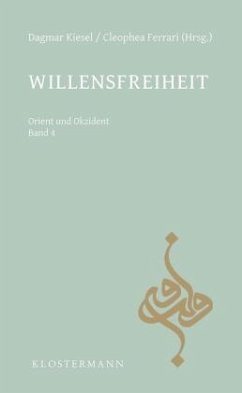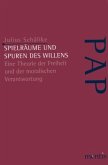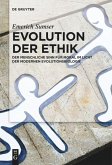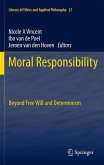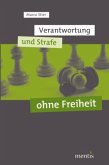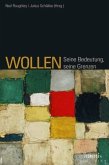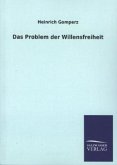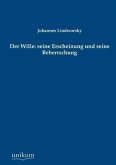Das Willensfreiheitsproblem zählt zu den großen philosophischen Kontroversen. Insbesondere gilt dies, wenn weltanschauliche oder religiöse Prämissen die Diskussion leiten. Dem Konzept der Reihe Erlanger Philosophie-Kolloquium Orient und Okzident folgend steht im Fokus dieses Bandes die Darstellung des antiken Erbes (Aristoteles, Cicero, Epiktet) und dessen methodische, aber auch begriffliche und inhaltliche Diskussion, kritische Integration und Transformation durch syrisch-christliche und arabisch-islamische Denker des Mittelalters. Beiträge zur Einführung in die Frage der Willensfreiheit, zur anti-christlichen Perspektivierung der Freiheit menschlichen Wollens bei Nietzsche sowie zur Einbettung des Themas in den Kontext einer antiken ebenso wie zeitgenössischen Philosophie als Lebenskunst runden den Band ab.The freedom of will problem is one of the great philosophical controversies. This particularly applies whenever ideological or religious assumptions guide the discussion. Following the concept of the series "Orient and Occident", this volume focusses on the presentation of the ancient heritage (Aristotle, Cicero, Epictetus) and its methodical as well as conceptual discussion, critical integration and transformation through Syriac-Christian and Arab Islamic thinkers of the Middle Ages. Contributions to the introduction to the question of freedom of the will, to the anti-Christian perspectivation of the freedom of human will in Nietzsche and to the embedding of the theme in the context of an ancient as well as contemporary philosophy taken as ars vitae complete the volume.
Bitte wählen Sie Ihr Anliegen aus.
Rechnungen
Retourenschein anfordern
Bestellstatus
Storno

